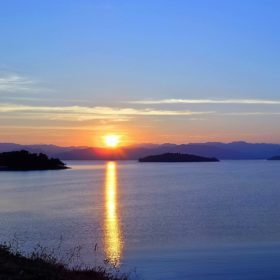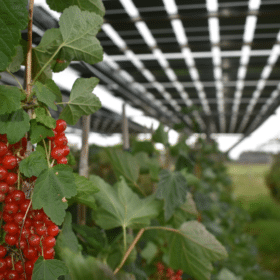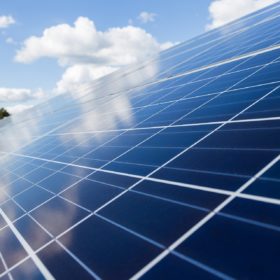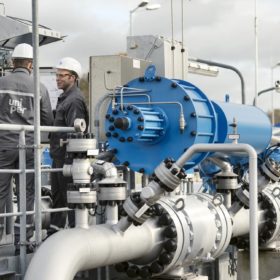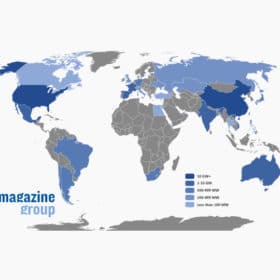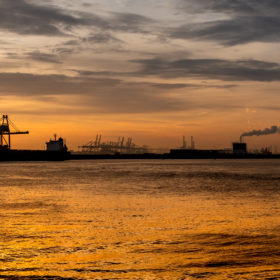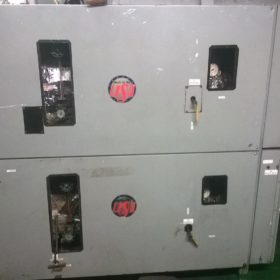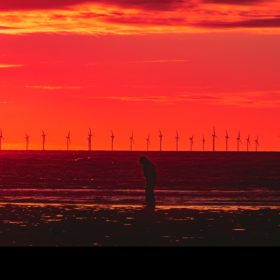DNV publishes guidelines for proper deployment of floating PV
The Recommended Practice guide, on top of describing the most common requirements for building a floating PV array, provides a series of technical guidelines for electrical safety, anchoring and mooring issues, operation and maintenance, and specific plant design that can withstand site-specific environmental conditions.
Grid code compliance in megawatt projects – Practical commissioning in the Netherlands
Europe’s booming solar markets have seen new grid code compliance standards being introduced recently, and we will discuss what that exactly means for plant operators.
Baywa’s ‘fruitvoltaic’ project to bear fruit – 23 tons a year, in fact
A 1.2 MWp installation featuring more than 4,500 solar panels has sheltered a berry crop from high temperatures and damp to strengthen the claims made by agrivoltaics companies that their systems can offer climate change mitigation as well as clean energy.
Solar could help Azerbaijan consolidate gains in Nagorno Karabakh after recent conflict
That was just one of the revelations of the latest Dentons’ Guide to renewables investment in Europe, which also noted solar plants could be switched off in Slovakia, Ireland could go either way on clean power pricing, and Luxembourg is struggling with a surprising headache.
Incentives crucial to avoid green, blue, and even purple hydrogen fading to grey
An Anglo-German report has suggested the environmentally-friendly desire to use only clean power to produce hydrogen, outlined by nations such as Germany, could end up being more emissions-heavy than the more pragmatic embrace of blue hydrogen under consideration in the U.K.
Spanish solar renaissance lifts world to record year for large scale projects
A global ranking of large scale solar project capacities indicates prominent roles for a resurgent Spain, behind the usual top three of China, the U.S. and India, with Australia and the Netherlands also on the rise. There were disappointing returns, though, for the U.K., Italy and Canada.
How to protect rooftop PV systems from fire risk
Dutch research institute TNO has released a series of guidelines to reduce fire hazards in rooftop PV installations. The study follows a series of fire accidents that occurred between 2018 and 2020 in the Netherlands, for which the main causes were identified.
Chile wants to export green hydrogen to Port of Rotterdam
The Chilean Minister of Energy and Mining has announced the signing of a memorandum of understanding to export green hydrogen to the Port of Rotterdam. The deal adds to the one signed with Singapore in early March to identify the best routes to reach Asian markets.
Synchronizing solar power peaks with demand from electric boilers
Recoy, an Amsterdam-based startup, will help Dutch utility Liander to manage peak PV generation by diverting electricity to grid-connected electric boilers. The energy will be used for the heating needs of big power consumers.
Adding solar to offshore wind
Scientists in the Netherlands conducted a feasibility study for adding floating solar to a planned 752 MW offshore wind installation in the North Sea. The study finds that the two could realistically share a single connection to an onshore grid, with minimal curtailment as well as technical and economic benefits for both technologies.
